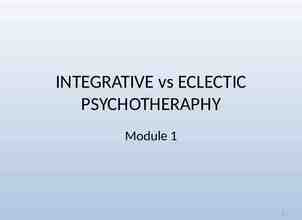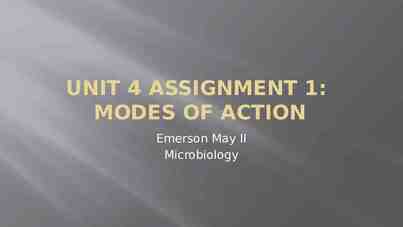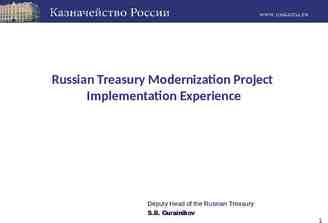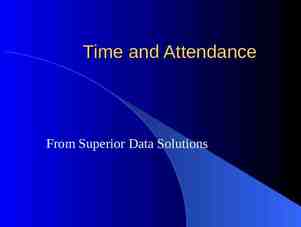Certified Recovery Support Specialist (CRSS): Understanding the What,
21 Slides59.50 KB

Certified Recovery Support Specialist (CRSS): Understanding the What, Why and How of the New Credential Consumer Education and Support Statewide Call-In: October 25, 2007

Welcome! Thank you to all who participated last month! Thank you to all who have joined in for today’s call! Report on previous Statewide Consumer Calls CEU’s for today’s call Plan for Future Calls: 11/29 and beyond

Objectives for Today’s Call 1. 2. 3. 4. Participants will have a basic understanding of the new credential for Certified Recovery Support Specialists (CRSS) Participants will know how to apply for a CRSS Participants will understand the purpose and benefits of the CRSS credential Participants will have an opportunity to ask questions and offer suggestions regarding these topics

Guidelines for Today’s Call All Speakers Will Use Person-First Language All Acronyms Will Be Spelled Out and Defined Diverse Experiences Will Be Heard and Validated

CRSS: What is It? CRSS stands for Certified Recovery Support Specialist CRSS is a new professional credential – – For individuals whose primary professional identification is peer-provided services For persons in recovery from mental illness or dual diagnosis of mental illness and substance use disorders.

CRSS: What is It? Competecy-Based – vs -- Curriculum-Based

CRSS: What is It? The – – – – CRSS competencies are specific to: effective utilization of unique insights gained through one’s personal experience in recovery from mental illness or from dual diagnosis of mental illness and substance use disorder provided to support other individuals with such conditions

CRSS: Competencies Advocacy Professional Responsibility Mentoring Recovery Support

CRSS Competency: Advocacy Promote consumer-centered services Serve as the consumer’s individual advocate Assure that the consumer’s choices define and drive the recovery planning process

CRSS Competency: Professional Responsibility Maintain confidentiality Document service provision Communicate personal issues that impact one’s ability to perform job duties

CRSS Competency: Mentoring Serve as a role model of a consumer in recovery Teach consumers how to self-advocate Encourage consumers to develop independent behavior, based on choice rather than compliance

CRSS Competency: Recovery Support Help the consumer develop problem-solving skills Help the consumer access services and supports to achieve their recovery goals Serve as an active member of the consumer’s recovery-oriented team

CRSS: What is the Purpose? What are the Benefits? If you are a person who wishes to utilize your personal experience in recovery to support others – – You will have further training and education to develop your skills You will increase your hiring potential

CRSS: What is the Purpose? What are the Benefits? If you are an agency who is hiring persons in recovery – – Your employees will have demonstrated competency, through an independent organization/process, to utilize their life experiences to help others The independent credentialing process enhances the ethics of hiring persons in recovery within your organization

CRSS: What is the Purpose? What are the Benefits? With the next revision of Rule 132, both the agencies hiring, and those who have the credential, will benefit because: – – – – CRSS will be included in the revision Agency billing capacity will increase Employee hiring potential will increase Employee rate of pay will increase

CRSS: How Do I Get It? Granting of Equivalency Phase Requirements – – – – Ends October 31st, no exceptions Statement of Self-Disclosure Notarized Code of Ethics Documentation of Education WRAP Facilitator’s Training CRSS Pilot Course PRCP (Psychiatric Rehabilitation Certificate Program) College courses, trainings and in-services – see page 6 of the Model for certification – 100 fee (can set up payment plan)

CRSS: How Do I Get It? Granting – – – – of Equivalency Phase Work Experience Form not required Supervised Practical Experience Form not required Education Form not required Exam not required

CRSS: After Nov. 1st Training & Education: 100 clock hours Supervised Practical Experience: 100 clock hours Work Experience: 2000 hours (one year) CRSS Exam Fees: – – – Application 75 Exam 125 Certification 60

CRSS: How Can I Get More Information? Information is Available on the Web at: www.iaodapca.org , click on “Download Your Forms,” then “Illinois Model for Certified Recovery Support Specialist (CRSS)” Email contact: [email protected] Phone: 1-800-272-2632

Guidelines for Q & A All Speakers Will Use Person-First Language All Acronyms Will Be Spelled Out and Defined Diverse Experiences Will Be Heard and Validated Each Individual Will Ask One Question, then Pass to the Next Person When Finished Speaking, Conclude With “Thank You” Written Questions Can Be Sent To: – – [email protected] (fax: 309-693-5101) [email protected]

Thank You!






